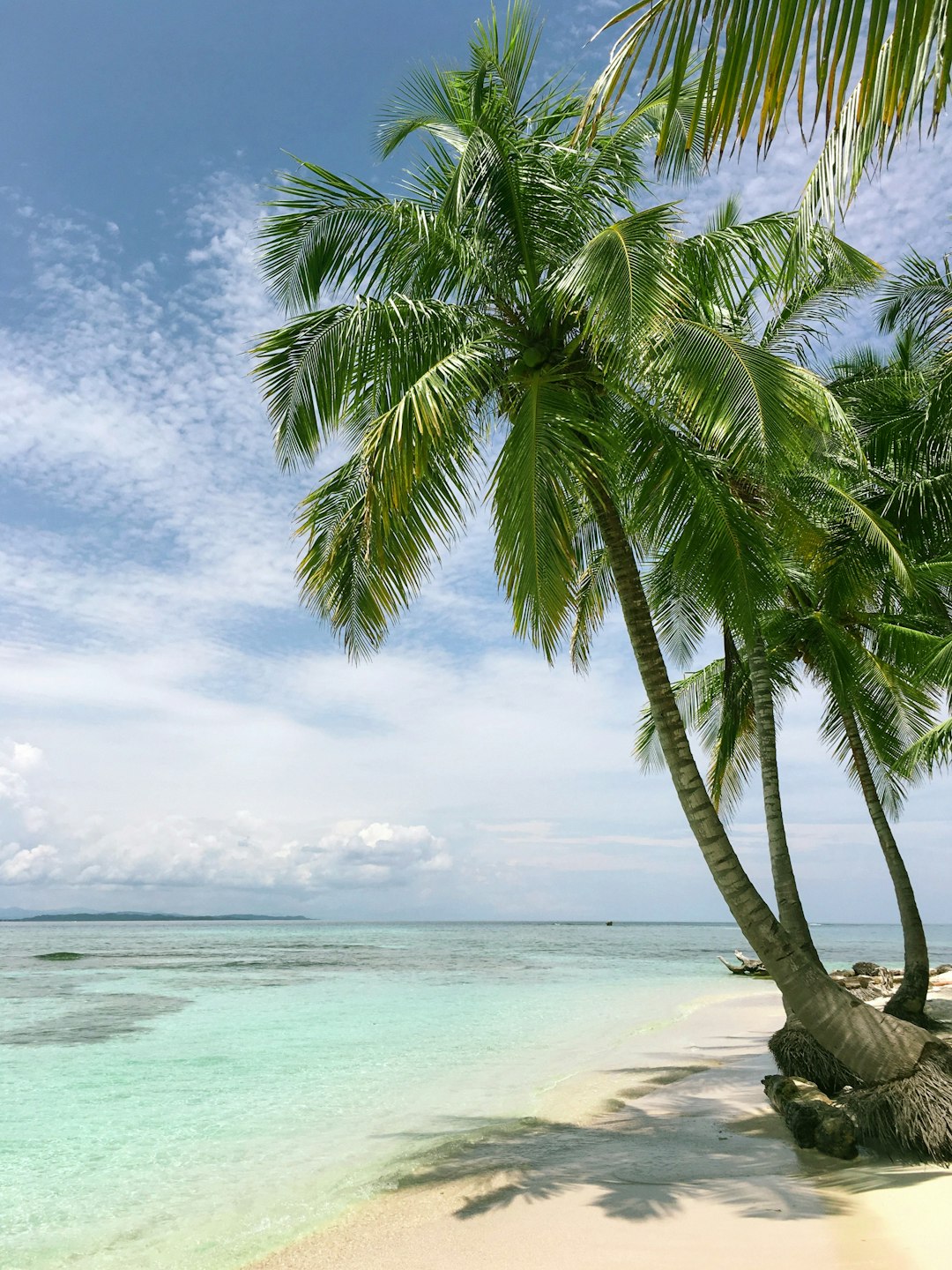
Top Tips for International Travel: A Comprehensive Guide.
# Introduction. Traveling internationally is an enriching experience that opens doors to new cultures, cuisines, and breathtaking landscapes. However, navigating international travel can be a bit daunting without the right preparation. From understanding currency and customs to ensuring your travel documents are in order, having a solid set of tips can ease your journey and enhance your travel experience. In this guide, we will explore essential tips for international travel that will help you plan, prepare, and enjoy your adventures efficiently. # Plan Ahead: Research Your Destination. Before embarking on your trip, thorough research on your destination is crucial. This includes gathering information about the local culture, climate, language, and any travel advisories. Understanding cultural norms can foster respectful interactions and prevent misunderstandings. For instance, in some countries, it is considered impolite to discuss certain topics, while in others, dress codes might differ substantially. Furthermore, knowing the climate helps you pack appropriate clothing, ensuring you comfort whether you are trekking through icy mountain ranges or lounging on sunny beaches. # Check Travel Requirements: Passports and Visas. Ensuring that your passport is valid is imperative before any international journey. Most countries require that your passport be valid for six months beyond your date of entry. Additionally, check visa requirements for your destination; some countries mandate visas for entry while others offer visa-on-arrival options or are visa-exempt for certain nationalities. Begin this process early, as obtaining visas can sometimes take weeks. Lastly, consider making copies of all important documents, such as your passport and visas, and keep them separately from the originals for safety. # Health Precautions: Vaccinations and Medications. When traveling abroad, it is important to be aware of health precautions that may be necessary depending on your destination. Some countries require vaccinations for diseases like yellow fever or may recommend others. Consult with your healthcare provider about necessary vaccinations at least a month before your travel date. Additionally, consider packing a travel health kit with essential medications and first-aid supplies. Be aware of local pharmacy practices as well; sometimes medications available over-the-counter in your home country may require prescriptions elsewhere. # Currency and Payments: Managing Money Internationally. Handling money while traveling can differ significantly from your everyday experience. Research the local currency of your destination and understand exchange rates to avoid overspending. It is advisable to carry some cash for small transactions, as not all places may accept credit cards. Consider using travel-friendly debit or credit cards that offer favorable exchange rates and low foreign transaction fees. Additionally, notify your bank of your travel dates and destinations to avoid having your card flagged for suspicious activity while you are abroad. # Communication: Stay Connected, but Smartly. Staying connected while traveling is important, whether for navigation, staying in touch with loved ones, or sharing your adventures on social media. Research the best communication options for your trip, such as international roaming plans or local SIM cards. Frequently, purchasing a local SIM card can be more cost-effective than using your regular plan. Additionally, download essential apps before departure, such as translation apps, maps, and travel guides that can function offline. # Local Transportation: Understanding Your Options. Transportation varies greatly with destinations, and understanding your options can help you save time and money. Research different modes of transportation, such as public transit, taxis, rideshares, and bike rentals, within your destination. For many cities, public transit can offer a scenic and economical way to travel. Consider purchasing transportation cards or tickets in advance for additional savings. Lastly, familiarize yourself with the local traffic laws, as they may differ significantly from what you are used to. # Embrace the Experience: Tips for Enjoyment. While preparation is key, embracing the experience is what truly makes international travel memorable. Try to immerse yourself in the local culture; sample authentic cuisine, visit local markets, and engage with residents. Take a moment to set aside your worries about logistics and enjoy the stunning sights and sounds around you. Remember, travel is about exploration and personal growth, so remain flexible and open-minded to ensure a fulfilling experience. # Conclusion. International travel is a wonderful opportunity to expand your horizons and create unforgettable memories. By utilizing these tips for planning, preparing, and navigating your journey, you can enhance your travel experience and minimize potential pitfalls. Every trip teaches us something new, and when well-prepared, you can focus on enjoying the journey rather than being burdened by worries. So pack your bags, stay equipped with knowledge, and get ready to embark on your next great adventure! .







